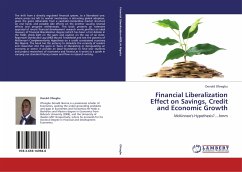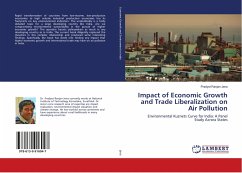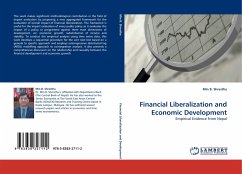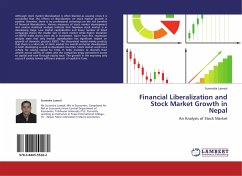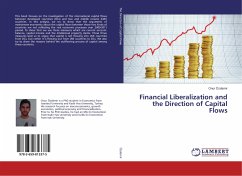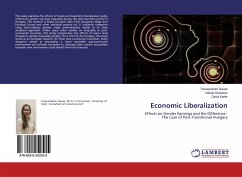The shift from a directly regulated financial system, to a liberalized one; where prices are left to market mechanism, is attracting global adoption, given the gains obtainable from a capitalist-competitive market structure on one hand, and possible side effects on the another causing reversal effects and program withdrawals. This book presents an extensive appraisal of recent financial development research works,proffers an ideal measure of financial liberalization degree (which has been a hot debate in the field), sheds light on the gains and caution on the use of an Auto-Regressive Distributed Lag (ARDL-Bound Test)Model,and test the potency of McKinnon's Complementarity Hypothesis on a credit constrained economy like Nigeria. The book has the potency to stimulate the curiosity of readers and researcher into the gains or flaws of liberalizing or deregulating an economy or sector. It provide an ideal foundation to final year students and project researchers of economics and finance,as it serves as a guide in carrying out standard literary review and flow in research writing.

